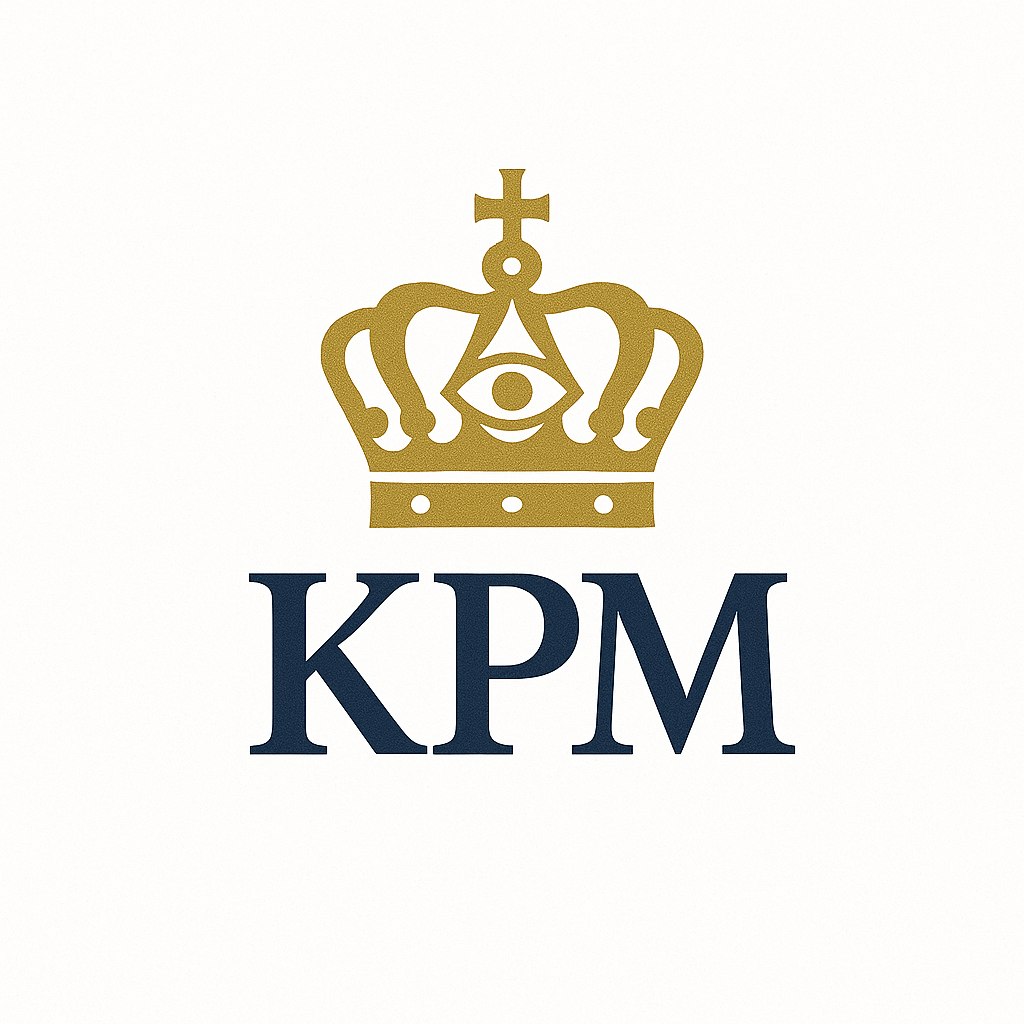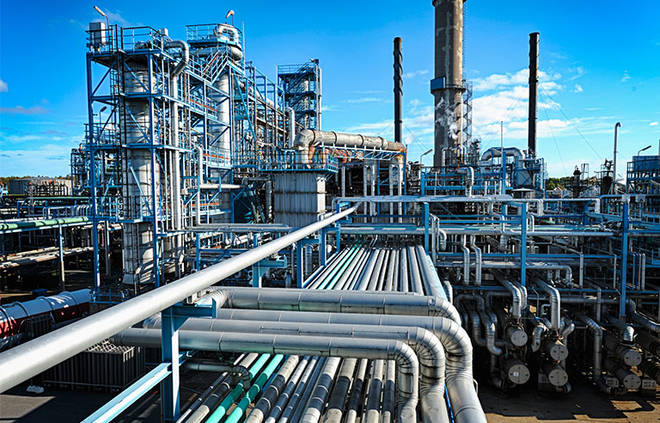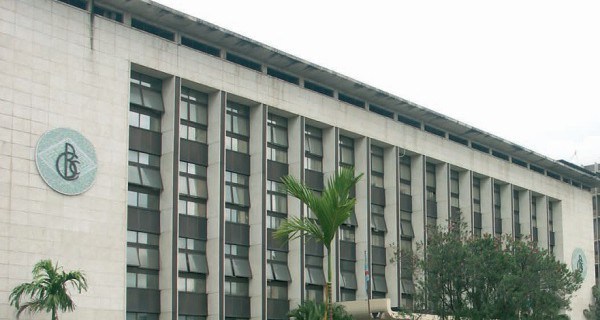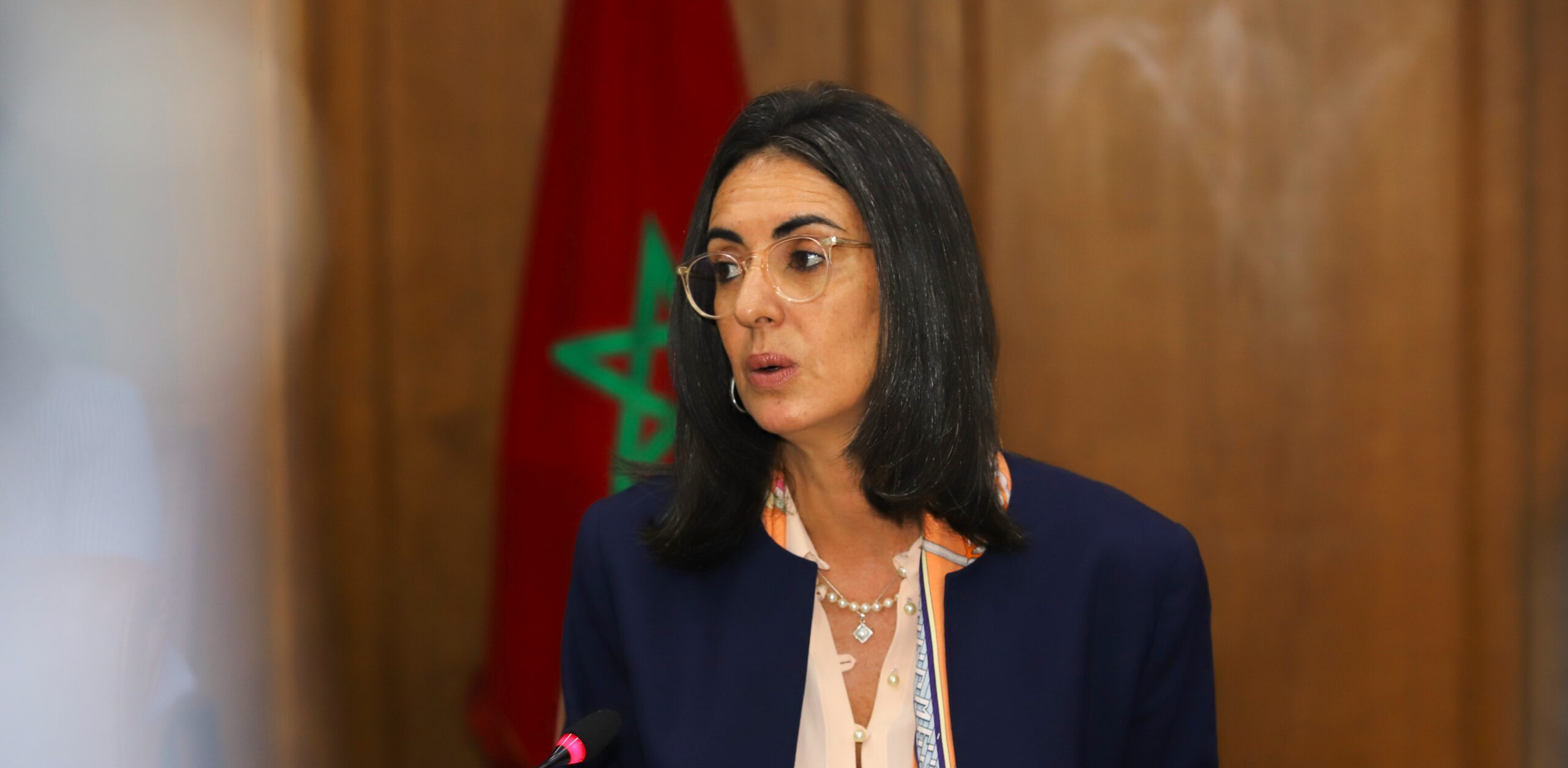What Nigeria’s New World Bank Loans Signal to Markets
Standard Chartered (LSE:STAN), SocGen (EPA:GLE) and BNP Paribas (EPA:BNP) are retreating from Africa as costs rise and margins shrink. Equity (NSE:EQTY), KCB (NSE:KCB) and Access Bank (NGX:ACCESSCORP) are expanding, reshaping credit flows and investor dynamics.
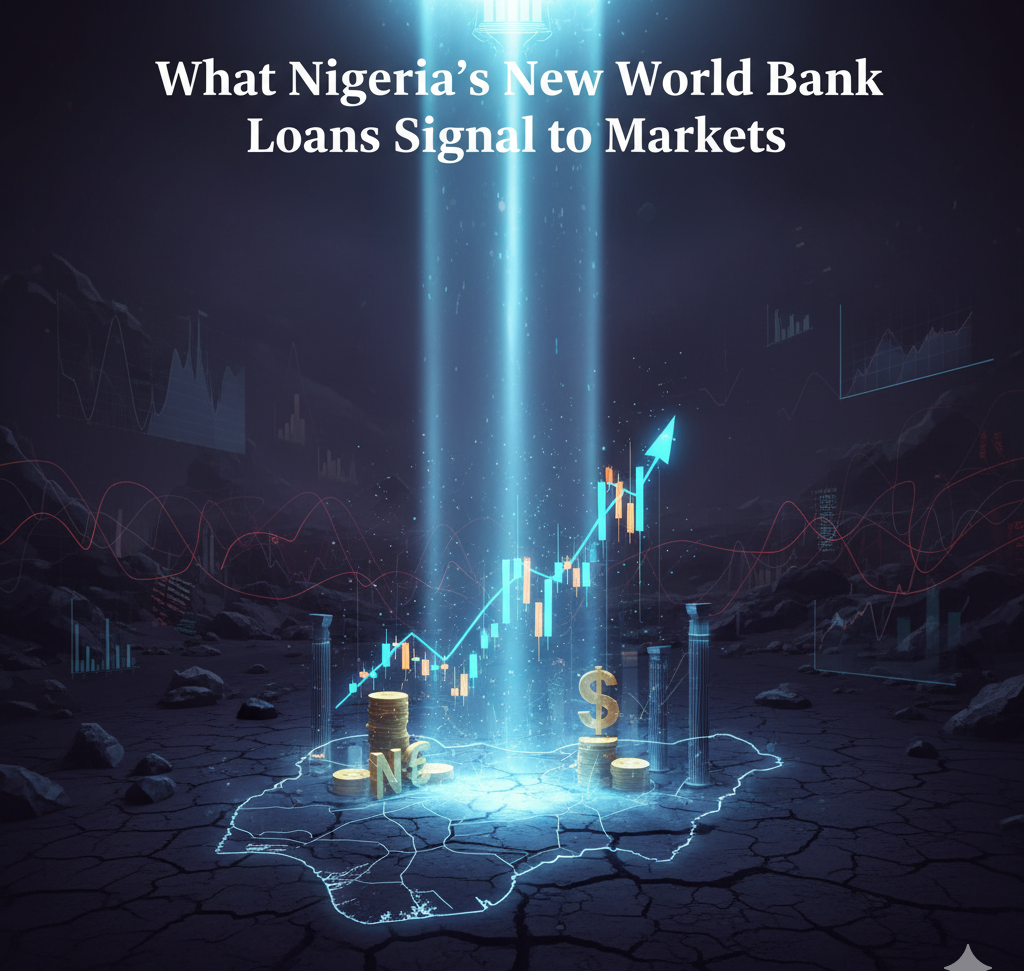
Nigeria is expected to receive approval for USD 750 million in fresh financing from the World Bank (NYSE:WB) this week, split across two critical projects: USD 500 million for broadband expansion under the “Building Resilient Digital Infrastructure for Growth” initiative, and USD 250 million for the second phase of a regional health security programme. The headline figure may not be particularly large compared to Nigeria’s annual financing needs, but the timing and the composition of the loans signal important dynamics about the country’s economic trajectory, its fiscal strategy, and investor perceptions.
At one level, the approval reaffirms Nigeria’s continued ability to tap multilateral resources at concessional rates. With global capital markets remaining expensive for frontier borrowers—Nigeria’s outstanding Eurobonds (LSE:EMB, NYSEARCA:EMLC) trade with yields in the 10–13 percent range depending on tenor—the World Bank’s window offers significantly longer maturities, lower interest rates, and a development-oriented framework. This is especially relevant at a time when sovereign access to international markets is constrained, and when many African issuers, from Kenya to Ghana, face steep refinancing cliffs. Nigeria’s capacity to still attract multilateral inflows reflects a measure of confidence in its reform dialogue and the perceived economic importance of keeping Africa’s largest economy afloat.
The choice of sectors—digital infrastructure and health—also carries strategic implications. Nigeria’s digital economy has grown rapidly, contributing around 18 percent to GDP, yet broadband penetration remains uneven, with rural and peri-urban regions excluded. Expanding affordable, resilient broadband could catalyze productivity across multiple value chains: fintech, e-commerce, logistics, and even agriculture through precision tools and market platforms. In macro terms, digital penetration can support diversification, reduce informality, and enhance tax mobilization—three areas Nigeria urgently needs to address. Similarly, the health security component, though smaller in dollar terms, is significant. Nigeria has absorbed repeated health shocks, from Ebola preparedness to the COVID-19 pandemic, with huge fiscal and social costs. Strengthening disease surveillance and emergency response capabilities reduces systemic risk. For investors, stronger health systems reduce the probability of disruptive shocks that derail macro stability.
Still, from a financial stability perspective, the deal raises more questions than answers. Nigeria’s public debt stock has surpassed USD 115 billion, with external debt around USD 43 billion and domestic borrowing expanding sharply. More concerning is the debt service-to-revenue ratio, estimated by the IMF to be above 70 percent in 2024—among the highest globally. Even though World Bank loans are concessional, the accumulation effect is undeniable. The concern is not the coupon size, but the fiscal space: every new disbursement, no matter how cheap, adds to Nigeria’s long-term repayment obligations. If revenues do not expand proportionally, the debt overhang grows heavier.
Currency risk is another factor. Nigeria’s naira (NGN=X) has faced persistent depreciation pressures, trading above NGN 1,600/USD in parallel markets at points in 2025. External debt service denominated in dollars increases vulnerability. Even concessional loans ultimately translate into future forex outflows. For Nigeria, whose reserves hover around USD 34 billion, the capacity to manage these obligations hinges on export performance, oil production stability, and foreign inflows. Weak oil output, pipeline disruptions, or sliding crude prices (ICE:LCOc1) could undermine this cushion.
From a market signaling perspective, investors may interpret this financing in two divergent ways. Optimists will highlight the endorsement effect: the World Bank’s engagement signals confidence in Nigeria’s policy path, particularly digital transformation and social resilience. This can support bond market sentiment, anchor Eurobond spreads, and reassure multilateral partners. Pessimists, however, will see it as further evidence of Nigeria’s structural reliance on external borrowing. That narrative risks deepening skepticism around the government’s willingness to undertake deeper fiscal reforms—such as subsidy rationalization, broadening the tax base, and improving expenditure efficiency.
For policymakers, the advisory implication is stark: concessional loans must not become substitutes for structural reforms. Financing broadband should be accompanied by regulatory clarity in the telecoms sector, improved spectrum management, and private sector partnerships that crowd in additional capital. Health financing should prioritize institutional reforms, not just infrastructure, to ensure sustainability. Without such complementary reforms, concessional loans risk becoming bridges to nowhere—well-intentioned injections that fail to alter fundamentals.
For investors, Nigeria remains a mixed case. On one hand, the scale of its economy, resource base, and demographic potential justify long-term optimism. On the other, short-term risks are non-trivial: debt ratios are elevated, FX volatility is persistent, and governance bottlenecks slow reform delivery. The prudent investor approach is to watch closely how debt service ratios evolve, whether reserves can be stabilized despite debt outflows and oil market fluctuations, and whether Eurobond spreads tighten on credibility or widen on skepticism.
Ultimately, this USD 750 million injection will not, on its own, change Nigeria’s fiscal destiny. But it does represent an important inflection point. If leveraged wisely, it could catalyze growth-enhancing reforms and provide resilience buffers. If mismanaged, it risks reinforcing the pattern of dependency and debt accumulation. Investors, policymakers, and multilaterals alike should view this as both an opportunity and a warning: concessional capital is not infinite, and credibility is a currency Nigeria cannot afford to squander.

